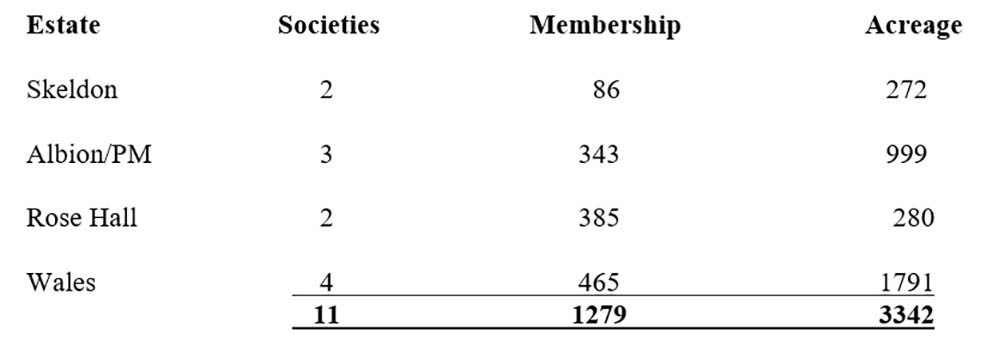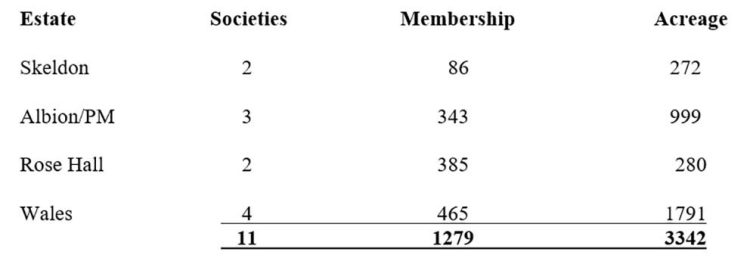Dear Editor,
I had not long returned from my Bookers Cadetship Programme at the London School of Economics to take up a substantive position as Assistant Personnel Manager, Blairmont Estate, when the exceptional leader of the Booker Group of Companies visited our location. Sir Jock Campbell in engaging our management directed the question to its youngest and most inexperienced member ‘How would you describe the state of Human Relations at Blairmont? I confidently listed the trade unions with whom we were engaged:
British Guiana and West Indies Sugar Boilers’ Union,
Clerical and Commercial Workers Union,
Manpower Citizens’ Association,
Sick Nurses and Dispensers’ Association,
Sugar Estates Supervisors’ Association.
He dismissively retorted, I said ‘Human Relations’ not ‘Industrial Relation’. – A memorable lesson for the overzealous and/ or confused newcomer.
Not many of his local colleagues recognized how active was Campbell’s socialism even when he organised completion of the creative Belle Vue Cane Farming Community with the objective of having 55 estate families from across Berbice and Demerara resettle in West Demerara, near enough to learn to grow cane to be supplied to the Wales Estate Factory. They were each settled in houses, assigned 15 acres plots of cane, and taught to grow by competent estate management.
In addition to individual housing they were accommodated in a Community Centre for sports, while families enjoyed their respective kitchen gardens. They all thrived by selling cane to the factory. Estate management provided required technical services.
By 1965 Socialist Premier Dr. Cheddi Jagan and colleague Socialist Sir Jock Campbell had spoken about the future of the British Guiana sugar industry and had reconciled to the point that a proportion would formally be grown by ‘small cane farmers’ who were required to form legal cooperatives societies that would be eligible to be funded within the following structure: a Cane Farming Development Corporation to be established, with contributions from:
Bookers Sugar Estates Ltd.
Demerara Company Ltd.
Barclays Bank (DCO) – now GBTI
Royal Bank of Canada – now Republic Bank
Under a very comprehensive National Cane Farming Committee Act, notably composed by the Legal Draftsman who later became Attorney General (Keith Massiah). The Regulations thereto were in the form of a Contract between the Manufacturer and Farmer, i.e.
a) National Cane Farming Committee Act (1965)
Cane Farmers Contract (General Conditions) Rules.
Cane Farmers Special Funds Act.
These informed the conditions of eligibility for loans particularly applied for by village communities and recommended by respective District Cooperatives Officers as regards appropriate collateral.
The National Cane Farming Committee approved BSE’s representative, Earl B. John, to process the transactions all of which fell within his purview:
The National Cane Farming Committee Act provides for reviews of the price formula for Farmers’ cane as it relates to sugar produced. The industry relies on its Cane Farming Officers to review each Estate’s productivity.
It is uncertain now to what extent the initial ‘small cane farmers’ structure has been maintained.
Yours faithfully,
EB John







